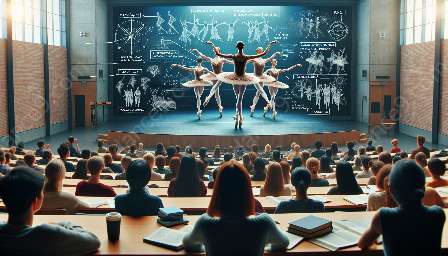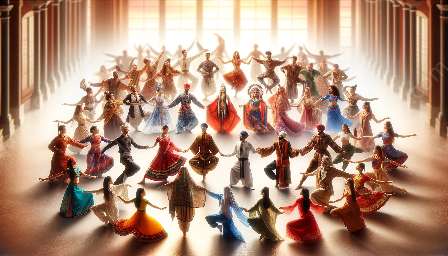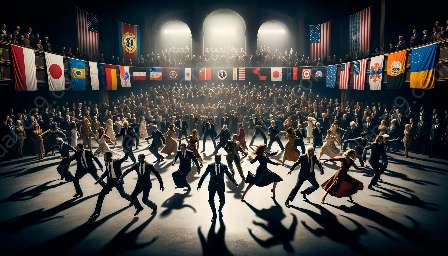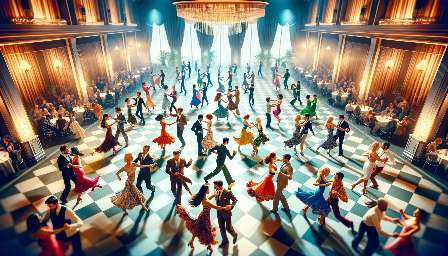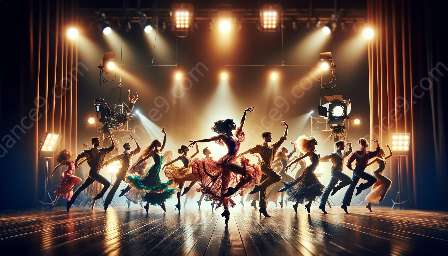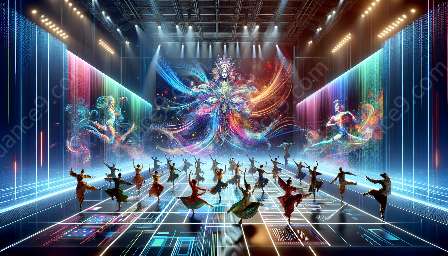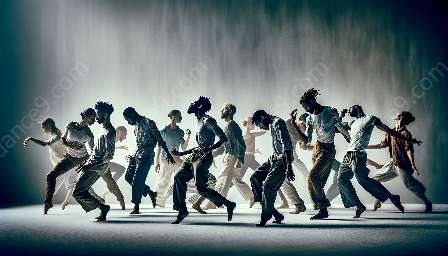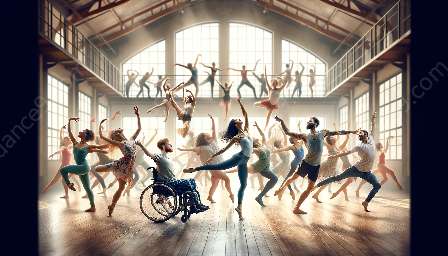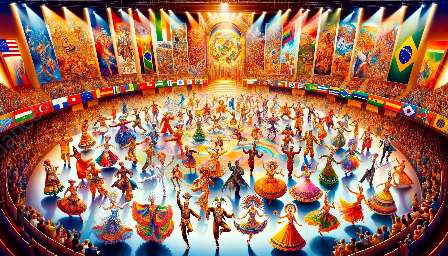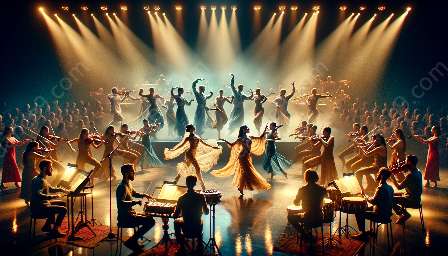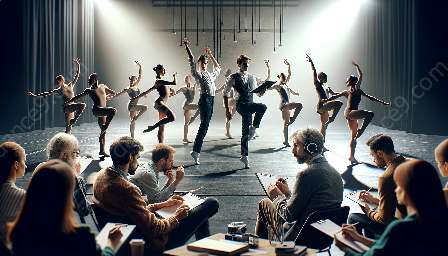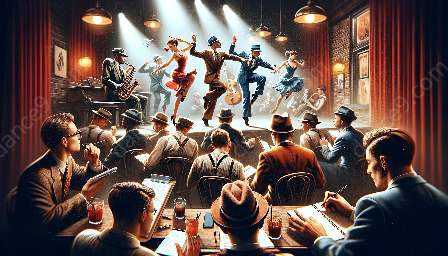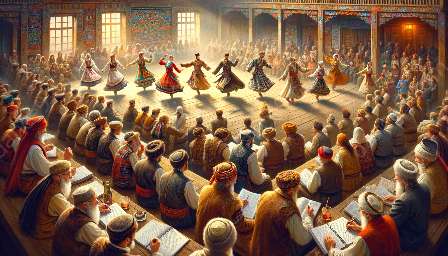الرقص، كشكل من أشكال الفن، مفتوح للتفسيرات الذاتية والاستجابات العاطفية. ومع ذلك، عندما يتعلق الأمر بنقد وتحليل الرقص، فإن مفهوم الموضوعية يلعب دورًا حاسمًا في تقييم وفهم الفروق الدقيقة في أشكال الرقص المختلفة. تتعمق مجموعة المواضيع هذه في أهمية الموضوعية في نقد الرقص وتأثيرها على نظرية الرقص وتحليله.
دور الموضوعية في نقد الرقص
Objectivity in dance criticism refers to the ability of critics to assess and analyze dance performances without being influenced by personal biases, preferences, or external factors. Critics strive to maintain a fair and unbiased approach when evaluating the technical, aesthetic, and emotive aspects of a dance piece. This involves considering the choreographic choices, execution, and impact of the performance while setting aside personal opinions and emotions.
Impacts on Dance Theory and Criticism
The presence of objectivity in dance criticism significantly influences the development and evolution of dance theory and criticism. By maintaining a balanced and impartial viewpoint, critics contribute to the formulation of scholarly theories and frameworks that offer deeper insights into the historical, cultural, and artistic dimensions of dance. Objectivity in criticism allows for a rigorous analysis of dance forms, leading to the identification of patterns, trends, and innovations within the realm of dance.
Challenges and Controversies
ومع ذلك، فإن تحقيق الموضوعية الكاملة في نقد الرقص غالبًا ما يكون أمرًا صعبًا بسبب الطبيعة الذاتية للفن ووجهات النظر المتنوعة للأفراد. قد يواجه النقاد معضلة الموازنة بين استجاباتهم الذاتية والحاجة إلى الحفاظ على موقف محايد. علاوة على ذلك، لا تزال المناقشات المتعلقة بمدى الموضوعية في النقد تثير الجدل داخل مجتمع الرقص.
المعايير الموضوعية في التقييم
لتعزيز الموضوعية في نقد الرقص، غالبًا ما يعتمد النقاد على معايير ومعايير ثابتة لتقييم الأداء. قد تشمل هذه المعايير الكفاءة التقنية، والتعبير الفني، والتماسك المفاهيمي، وإشراك الجمهور. ومن خلال الالتزام بمجموعة من المعايير الموضوعية، يهدف النقاد إلى تقديم تقييمات شاملة ومتعمقة تتجاوز التفضيلات الشخصية.
الموضوعية في الممارسة
Several renowned dance critics have exemplified the application of objectivity in their analyses, demonstrating the impact of unbiased evaluations on the perception of dance performances. By contextualizing the cultural and historical backgrounds of dance forms and acknowledging the diverse interpretations of movements, critics contribute to a more inclusive and informed discourse surrounding dance.
Future Prospects and Considerations
As the field of dance criticism continues to evolve, discussions regarding objectivity will remain pivotal in shaping the trajectory of dance theory and analysis. Embracing diverse perspectives and critical approaches while upholding the principles of objectivity will foster a vibrant and enriching environment for the exploration and appreciation of dance as an art form.

